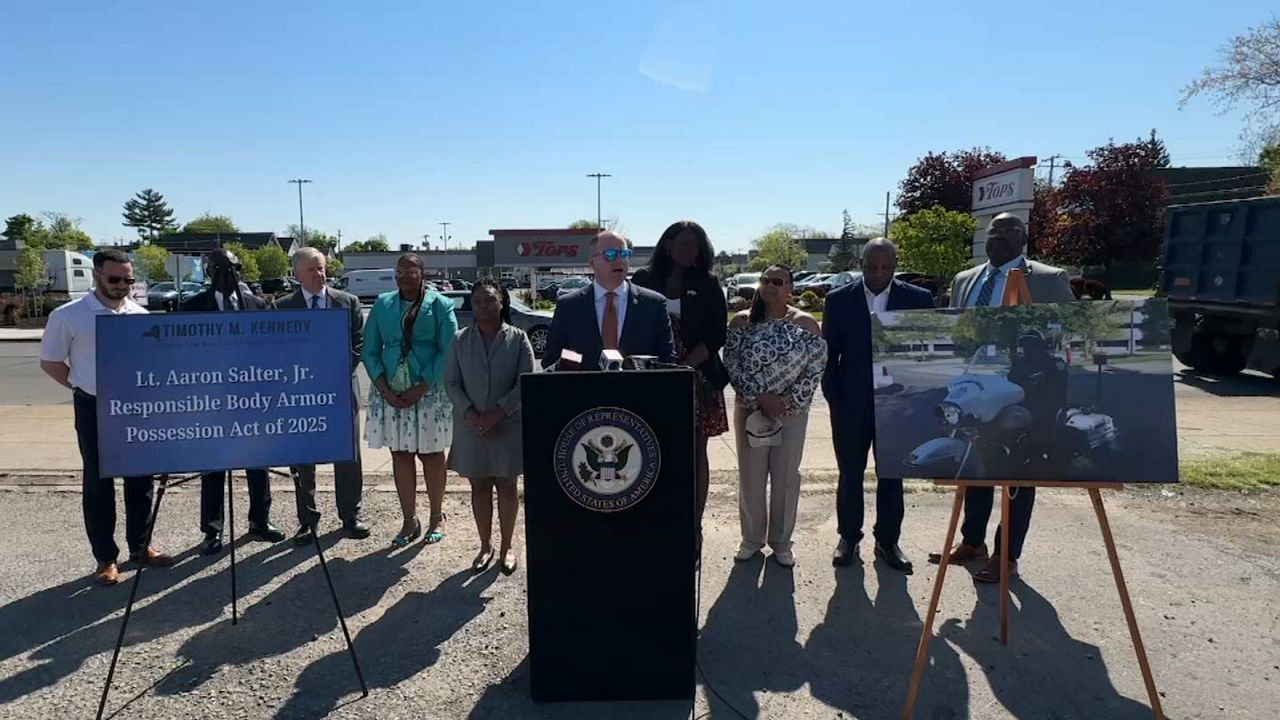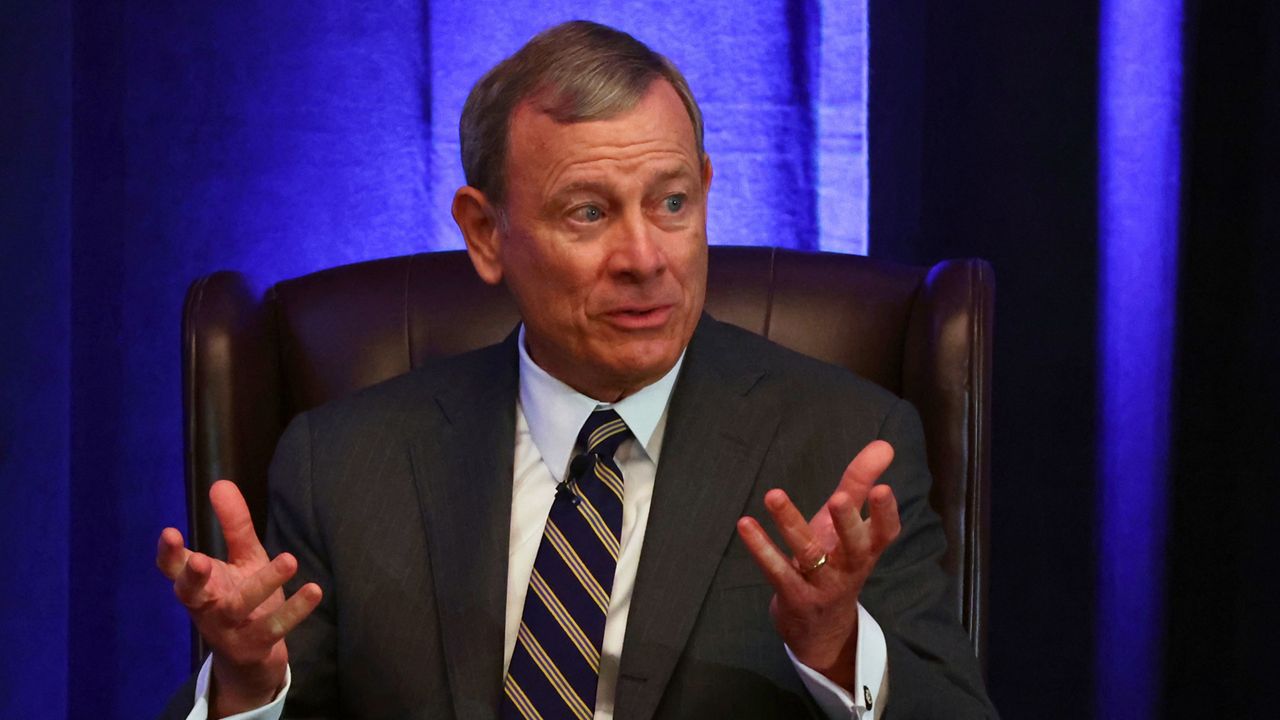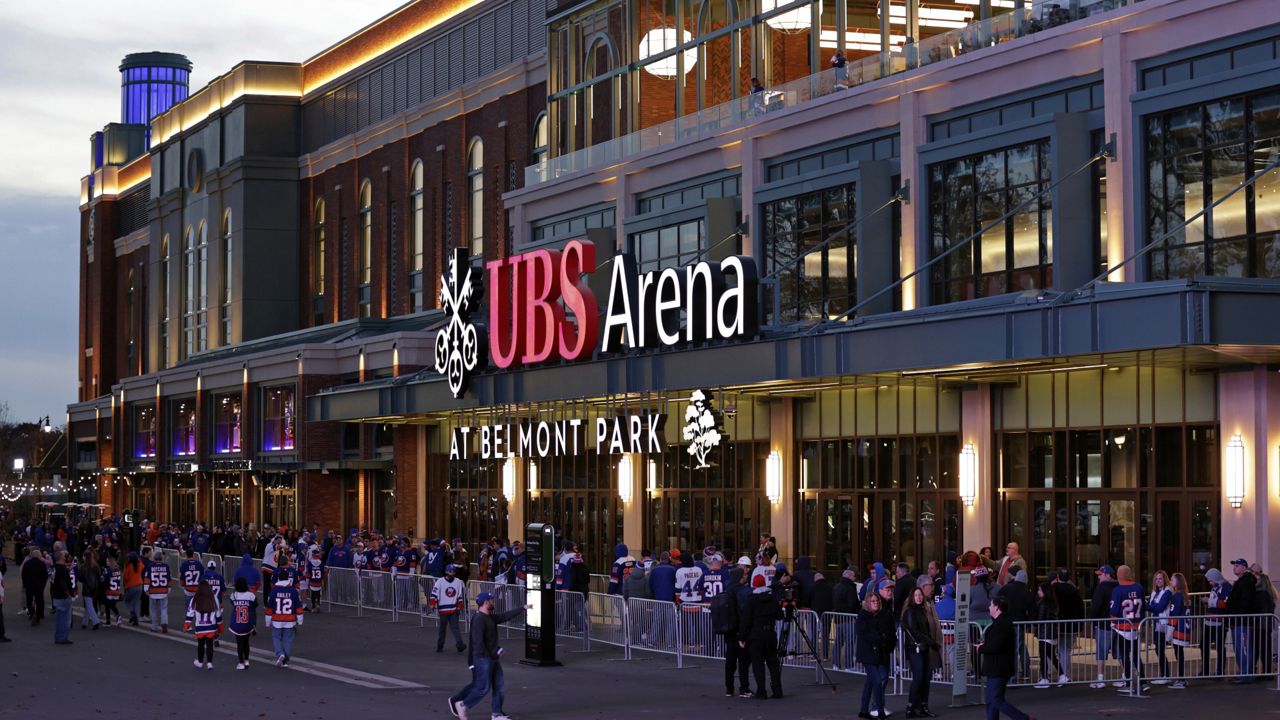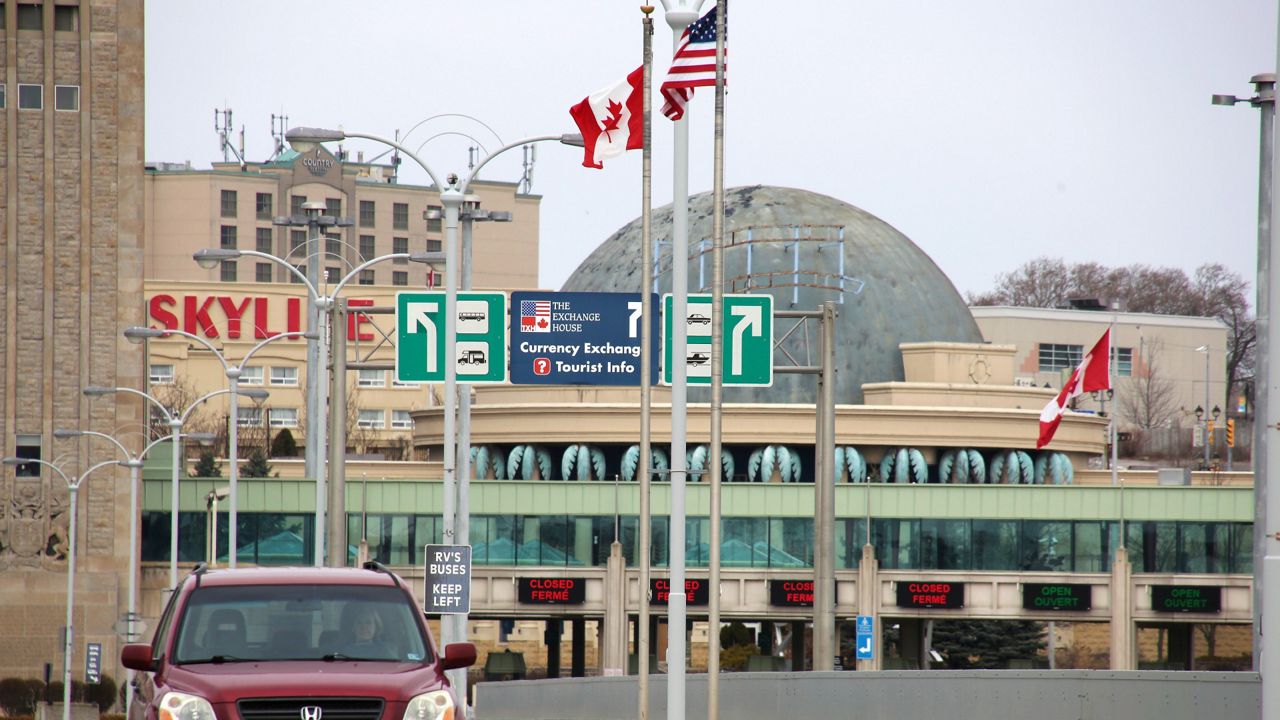BUFFALO, N.Y. — Psychedelic medicine is one of the burgeoning areas of research in terms of treating mental health disorders like major depression, addiction and Post-traumatic stress disorder.
"It's a really exciting time,” Lisa Smith, the co-lead of Phillips Lytle's new psychedelics practice, said. “So many people have been touched by mental health issues within their families, within their communities and although there are many effective medications on the market, there are huge segments of the population who have not been able to obtain relief.”
The firm will help advise pharmaceutical companies, investors and health care providers involved in the field.
"There are all sorts of issues with any medication and they are highlighted with psychedelics in terms of informed consent issues, as well as making sure that in a clinical setting for health care providers who are clients, that all of the regulatory requirements will be met," Smith said.
She said the Food and Drug Administration recently granted breakthrough therapy status for MDMA, commonly known as molly, and psilocybin or mushrooms. Smith expects the agency to authorize MDMA for PTSD treatment next year and piylocybin as soon as 2024 for treatment-resistant depression.
"People are recognizing the potential that these compounds may bring to people who have been suffering from mental health conditions and haven't been able to get relief from medications that are currently on the market," she said.
In New York, she said hospitals like Mount Sinai are leading psychedelic research. The federal government is putting together a strategic task force to involve states that will need to develop their own laws.
The state Legislature already introduced several bills, including one from Buffalo Assemblyman Pat Burke.
"What that bill would do would be to allow patients to become certified for treatment for psilocybin once it is approved by FDA," Smith said. "That bill also creates a funding program to alleviate the cost of treatment for first responders, for veterans and for low-income patients."
The attorney believes the evolving conversation about cannabis has helped open the door for psychedelics, but notes right now the focus is solely on clinical and not recreational. She said there are concerns about the dissociative cognitive effects.
"It's hard to say that anything would be 100% in terms of protections, but I think they will be controlled pretty effectively," Smith said.










